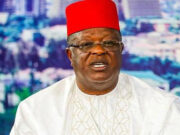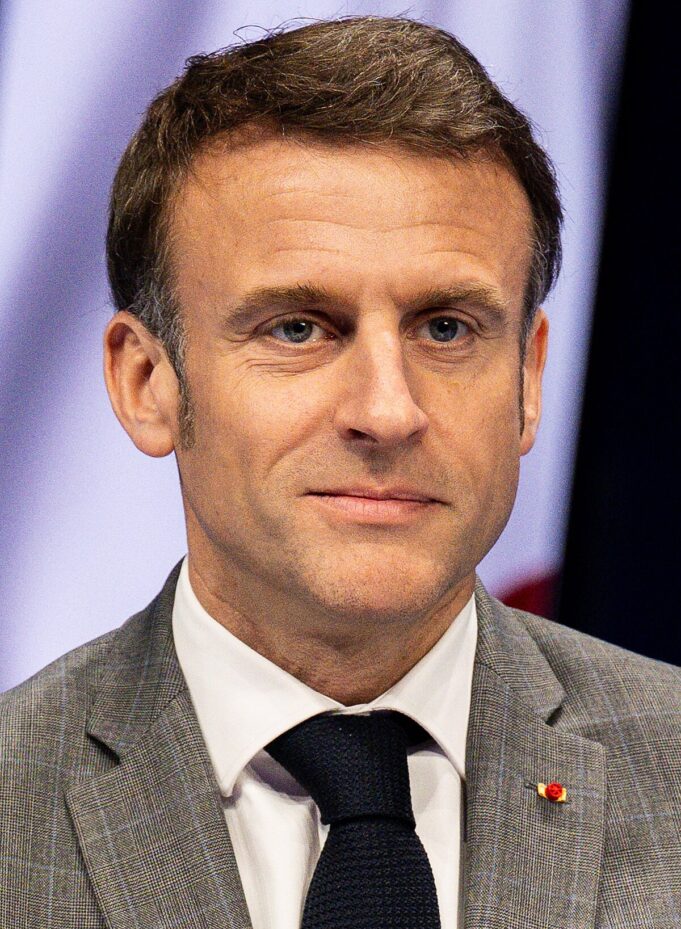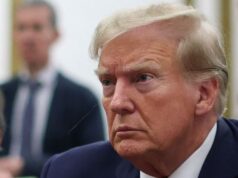French President Emmanuel Macron is racing against time to meet a self-imposed 48-hour deadline to appoint a new prime minister following the historic no-confidence vote that ousted Michel Barnier’s government last week.
Macron, aiming to avoid a prolonged political crisis, convened party leaders on Tuesday to discuss forming a “government of national interest,” though far-right and hard-left leaders, who played a key role in Barnier’s removal, were excluded from the talks.
Macron is under immense pressure to form a broad alliance that can survive a no-confidence vote and ensure the passage of the national budget for the coming year.
With his trip to Poland scheduled for Thursday, Macron hopes to announce the new prime minister as early as Wednesday evening, according to sources close to the president.
The president is attempting to lure the Socialists, Greens, and Communists away from their alliance with the hard-left France Unbowed (LFI), but those parties have expressed a preference for appointing a prime minister from their own ranks.
Centrist ally François Bayrou, a former justice minister, is considered a leading contender, though Socialist leader Olivier Faure has opposed Bayrou’s candidacy, arguing that a left-wing prime minister is needed.
Other potential candidates include former foreign minister Jean-Yves Le Drian and current Defence Minister Sebastien Lecornu, although Le Drian initially rejected the offer.
Maud Bregeon, spokeswoman for the caretaker government, mentioned the possibility of a non-aggression pact where parties would agree not to bring down the government in exchange for a prime minister from the left.
Macron also thanked the outgoing government, acknowledging the “serious choice” made by last week’s no-confidence vote and its lasting consequences.
On Wednesday, the government presented a special budget draft law to ensure the functioning of the state into the new year, with most parties expected to support the legislation for stability’s sake.
Meanwhile, far-right leader Marine Le Pen, who played a pivotal role in ousting Barnier’s government, said she was “not unhappy” to have been excluded from the talks. Recent polling indicates Le Pen would be a strong contender in the 2027 presidential race, though her ongoing embezzlement trial could affect her candidacy.

















